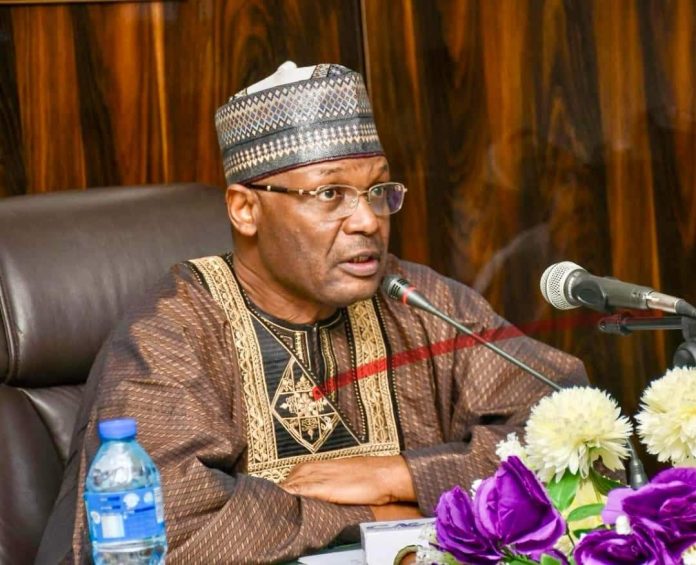By Uket Abanda John
As Nigeria prepares for the much-anticipated 2023 general elections, the spotlight shines brightly on the Independent National Electoral Commission (INEC), the nation’s electoral umpire. With the stakes higher than ever and the country at a critical juncture in its democratic journey, there is an urgent call for INEC to ensure the conduct of free and fair elections. The destiny of the nation hangs precariously on the decisions made by this key institution, making its role pivotal in shaping the future of Nigeria.
In the wake of past electoral irregularities and controversies, there is a palpable sense of skepticism and apprehension among Nigerians regarding the integrity of the electoral process. However, amidst these challenges, there is also a glimmer of hope and optimism that INEC will rise to the occasion and deliver transparent, credible, and peaceful elections. The credibility of the electoral commission is paramount in fostering trust and confidence among the electorate, thereby safeguarding the democratic ideals upon which Nigeria’s governance is built.
The 2023 general elections represent a crucial opportunity for Nigeria to consolidate its democratic gains and demonstrate its commitment to upholding the principles of democracy, rule of law, and good governance. As the nation grapples with various socio-economic and political challenges, the outcome of the elections will significantly impact its trajectory and future direction. Therefore, it is incumbent upon INEC to ensure that the electoral process remains free from manipulation, intimidation, and undue influence, thereby allowing the will of the people to prevail.
Moreover, the conduct of credible elections is essential not only for the legitimacy of the government but also for fostering national cohesion, peace, and stability. Nigeria is a diverse nation with myriad ethnic, religious, and socio-cultural identities, and the electoral process serves as a unifying force that transcends these differences. By upholding the principles of fairness, impartiality, and transparency, INEC can contribute to the consolidation of national unity and the promotion of inclusivity and diversity in governance.
In conclusion, the destiny of Nigeria hangs in the balance as the country prepares for the 2023 general elections, and the responsibility falls squarely on INEC to ensure the conduct of free and fair polls. As the custodian of Nigeria’s electoral process, INEC must rise above partisan interests and uphold the highest standards of integrity, professionalism, and accountability. The eyes of the nation and the international community are upon INEC, and its actions will determine not only the outcome of the elections but also the future course of Nigeria’s democracy.









